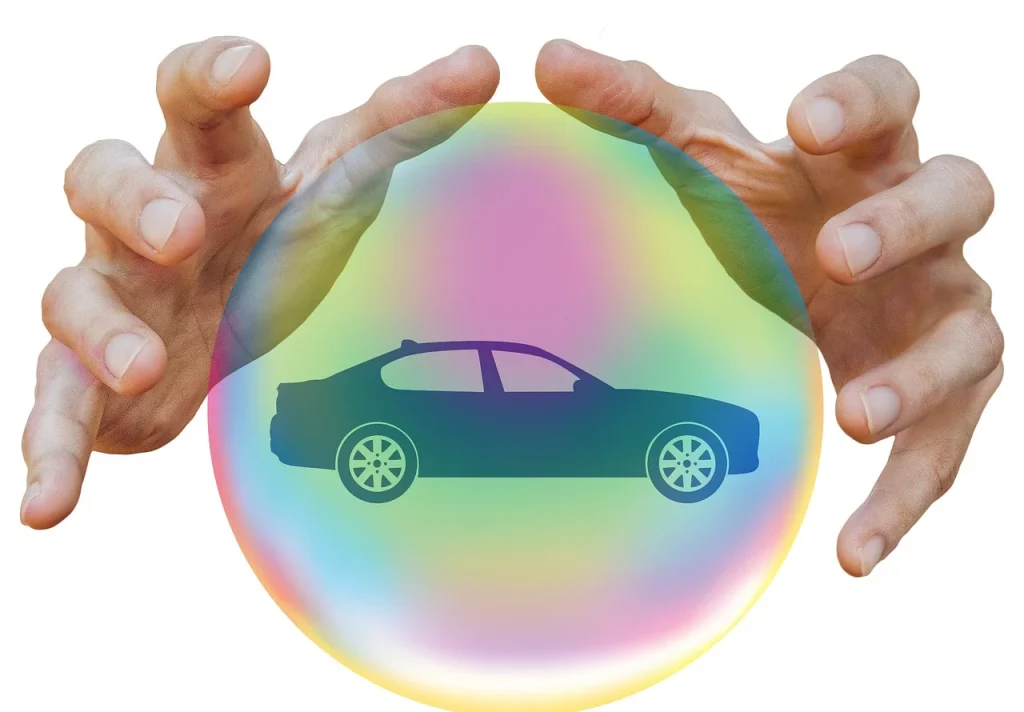
Cars are no longer a luxury in today’s world; for many, they are a necessity. Whether used for commuting to work, transporting goods, or family travel, cars play a vital role in modern life. However, driving also comes with risks such as accidents, theft, or damage due to natural disasters. These risks can cause significant financial losses for car owners.
Car insurance serves as a safeguard against such risks by providing financial coverage for damages, liabilities, and unforeseen accidents. It is not only a financial tool but also a legal requirement in most countries. This article explores the concept of car insurance, its importance, types, benefits, challenges, and future trends.
What is Car Insurance?
Car insurance, also known as motor insurance or auto insurance, is a contract between a car owner and an insurance company. The owner pays a premium, and in return, the insurer provides financial protection against damages, theft, and third-party liabilities.
In most countries, car insurance is mandatory, ensuring that in case of an accident, not only the driver but also the affected parties are financially protected.
Importance of Car Insurance
- Legal Requirement
In many countries, driving without car insurance is illegal. Mandatory insurance ensures that accident victims receive financial compensation. - Financial Protection
Repairing or replacing a car after an accident can be very expensive. Car insurance covers these costs, reducing the financial burden. - Protection Against Third-Party Liability
If the insured driver causes damage to another person’s property or injuries to another person, the insurer pays the compensation. - Peace of Mind
Car insurance provides confidence to drivers, knowing they are protected against unexpected financial losses.
Types of Car Insurance
- Third-Party Liability Insurance
- Covers damages or injuries caused to others (people or property).
- Mandatory in most countries.
- Does not cover damages to the policyholder’s own car.
- Comprehensive Car Insurance
- Covers both third-party liabilities and own-vehicle damages.
- Includes coverage for theft, fire, natural disasters, and accidents.
- Collision Coverage
- Specifically covers damages to the policyholder’s car resulting from a collision.
- Personal Injury Protection (PIP)
- Covers medical expenses for the driver and passengers regardless of who caused the accident.
- Gap Insurance
- Covers the difference between the car’s market value and the loan amount if the car is totaled.
- No-Claim Bonus (NCB) Policies
- Rewards drivers with lower premiums if they make no claims during the policy period.
Benefits of Car Insurance
1. Financial Security
Car insurance prevents drivers from facing financial ruin due to accident costs, repair bills, or lawsuits.
2. Coverage for Natural Disasters
Events such as floods, earthquakes, and storms can severely damage vehicles. Comprehensive insurance policies provide protection against such disasters.
3. Theft Protection
In case a vehicle is stolen, insurance ensures the policyholder receives compensation based on the car’s market value.
4. Legal Protection
Insurance helps cover the legal costs in case of disputes or lawsuits arising from accidents.
5. Cashless Repairs
Many insurers partner with authorized garages to offer cashless repair services, making the process hassle-free for policyholders.
6. Additional Benefits
Add-ons such as roadside assistance, engine protection, and zero-depreciation cover provide extra safety and convenience.
Challenges in Car Insurance
- High Premiums
Comprehensive policies can be expensive, discouraging some drivers from purchasing full coverage. - Fraud and False Claims
Insurance fraud, such as staged accidents or exaggerated repair bills, increases costs for companies and honest customers. - Lack of Awareness
Many car owners only purchase the minimum mandatory insurance and are unaware of the benefits of comprehensive coverage. - Complex Terms and Conditions
Policies often include complicated clauses, exclusions, and deductibles that confuse customers. - Regional Disparities
In developing countries, rural areas often lack awareness and access to proper car insurance services.
Car Insurance Around the World
- United States: Car insurance is mandatory in most states, with liability and personal injury coverage being common.
- Europe: Strict regulations ensure all drivers have third-party insurance at minimum. Comprehensive coverage is popular in wealthier nations.
- Asia: Countries like India and China have large populations of uninsured vehicles despite legal requirements. Efforts are being made to expand coverage through affordable policies.
- Middle East: In countries like the UAE and Saudi Arabia, car insurance is compulsory and strictly enforced.
Technological Innovations in Car Insurance
- Telematics and Usage-Based Insurance (UBI)
- Insurance companies use GPS and sensors to track driving behavior. Safe drivers pay lower premiums.
- Artificial Intelligence (AI) in Claims Processing
- AI speeds up claim settlements and reduces fraud.
- Blockchain for Transparency
- Blockchain technology ensures transparency in transactions and prevents fraudulent claims.
- Digital Platforms
- Buying, renewing, and managing car insurance online has made the process more convenient.
Ethical and Religious Perspectives
Like other forms of insurance, traditional car insurance has been debated in Islamic finance due to interest and uncertainty. As an alternative, Takaful Motor Insurance has been introduced in many Muslim countries. It works on mutual contribution and risk-sharing, making it Shariah-compliant.
Future of Car Insurance
- Integration with Autonomous Vehicles
With self-driving cars becoming a reality, insurers will need to redefine risk assessment and liability. - Eco-Friendly Policies
As electric and hybrid cars grow in popularity, insurers are offering specialized policies for environmentally friendly vehicles. - Micro-Insurance Products
Affordable, short-term insurance options will target low-income drivers and developing markets. - Global Standardization
Cross-border driving and international travel may lead to the development of global insurance standards.
Conclusion
Car insurance is not merely a legal obligation; it is a financial safety net for drivers, passengers, and third parties. By covering damages, liabilities, and theft, it provides peace of mind in a world full of uncertainties.
While challenges such as high premiums, fraud, and lack of awareness remain, technological innovations and ethical alternatives like Takaful are making car insurance more reliable and inclusive. As vehicles evolve with technology, so too will the insurance industry, ensuring that drivers worldwide are adequately protected.
Car insurance, therefore, is not just about protecting a car—it is about protecting lives, finances, and peace of mind on the road.

